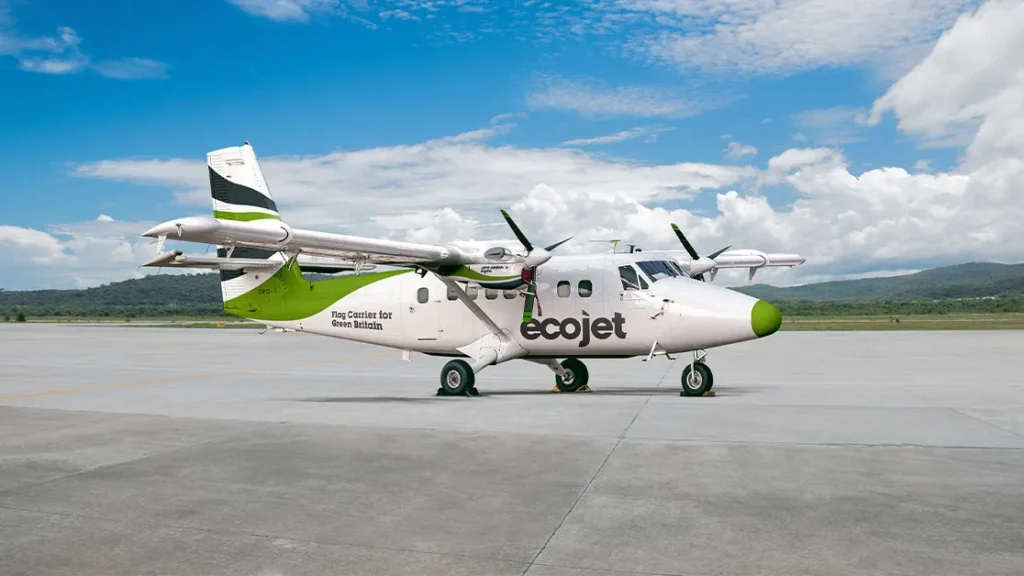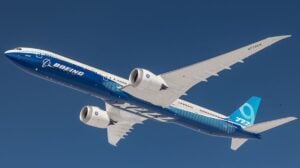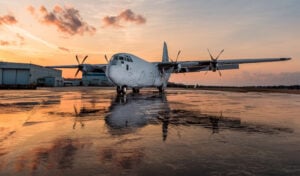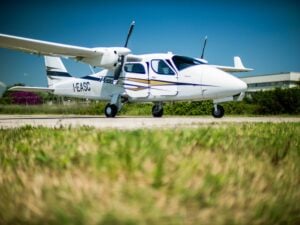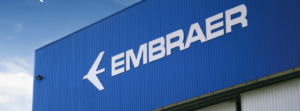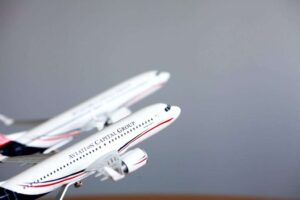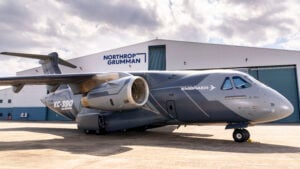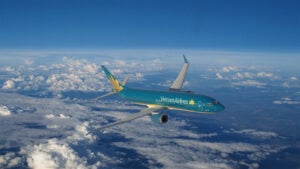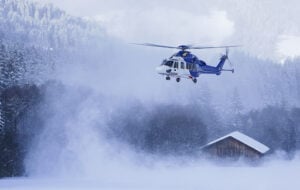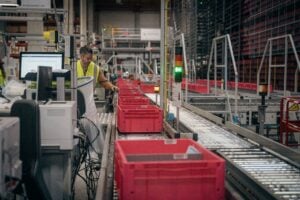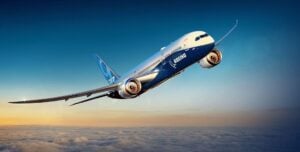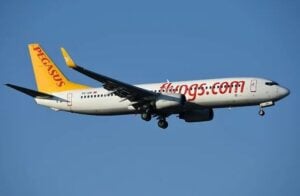In a ground-breaking move towards sustainable aviation, Dale Vince, the founder of Ecotricity, has announced the launch of Ecojet, the world’s first electric airline, powered entirely by renewable energy. This revolutionary initiative is set to transform the aviation industry by making emission-free air travel a reality for the first time.
Ecojet’s fleet will consist of retrofitted conventional planes equipped with hydrogen-electric powertrains. Through this conversion, the aircraft will retain their original power output but achieve a remarkable 100% reduction in CO2 emissions.
Unlike building new aircraft from scratch, Ecojet’s decision to repurpose existing planes will save an impressive 90,000 tonnes of carbon annually. The only byproduct generated during flight will be water, which can be captured and released into the lower atmosphere, avoiding the harmful effects of contrails. Working alongside experienced pilot Brent Smith and a team of aviation specialists, Dale Vince is driving the establishment of Ecojet. The airline is scheduled to commence flights within the UK in early 2024, starting with the Edinburgh to Southampton route and rapidly expanding to mainland Europe, with plans for long-haul flights in the future.
Ecojet is also taking radical steps on board to minimise the aviation industry’s impact on the environment. This includes serving plant-based meals, eliminating single-use plastic, and outfitting staff with environmentally-friendly uniforms.
Currently, aviation accounts for approximately 3% of global CO2 emissions, but the overall contribution to the climate crisis is estimated to be three times higher due to pollution released at high altitudes. Ecojet’s ambitious vision aims to permanently eliminate this colossal negative impact by proving the viability of electric air travel and encouraging the widespread adoption of electric planes throughout the aviation industry. The creation of Ecojet marks the first step in this process, estimated to be a decade ahead of the rest of the industry in the development of what Dale Vince describes as “the biggest revolution in the aviation industry since the invention of the jet engine.”
In the short term, Ecojet plans to secure routes and obtain a license from the Civil Aviation Authority (CAA). Initially, the airline will launch using conventionally fuelled planes. Ecojet’s fleet will initially comprise two different sizes of turboprop aircraft, a 19-seat aircraft, and a 70-seat aircraft. These planes will be retrofitted with the hydrogen-electric powertrains as they receive approval for service by the CAA. The first retrofits are scheduled to take place in 2025, one year after the commencement of flights.

